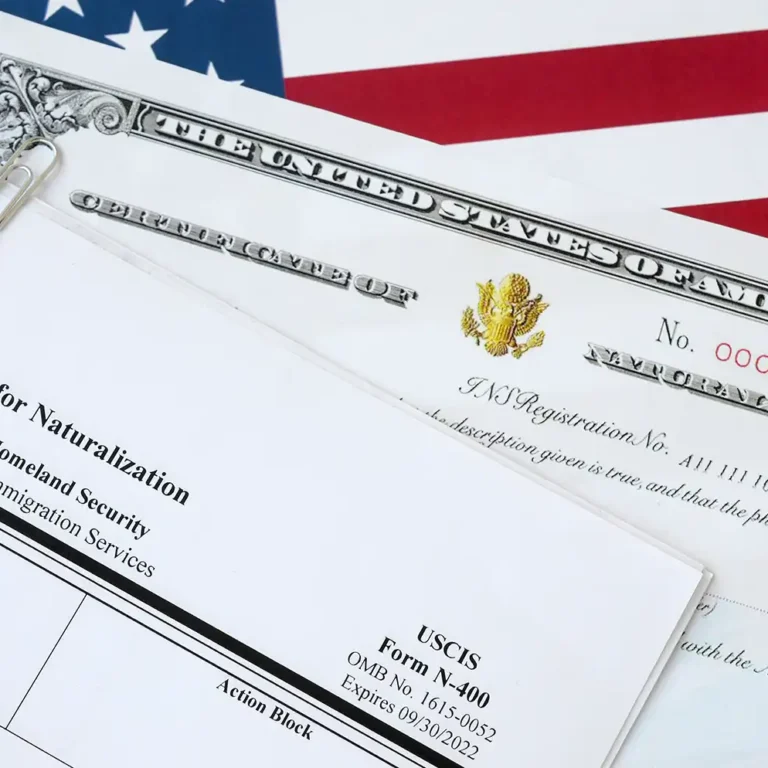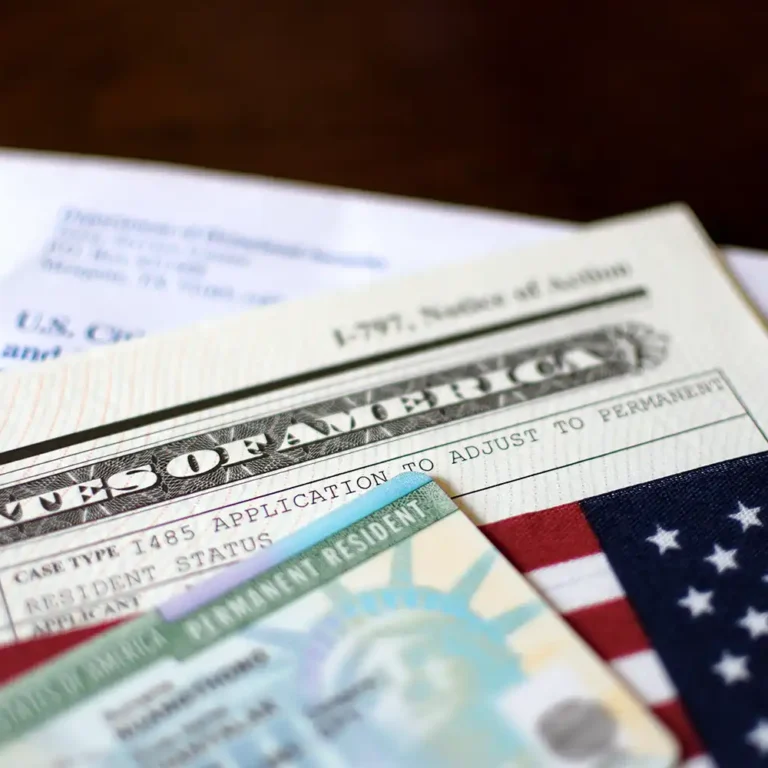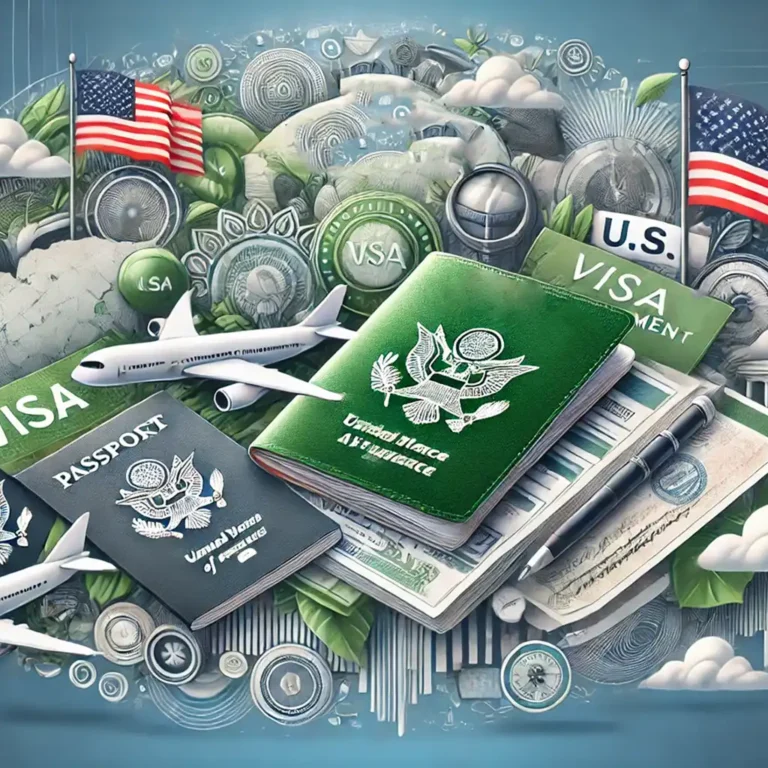What is a Visa? Understanding Entry Permits for International Travel

The term “visa” is one that frequently comes up in discussions about international travel, immigration, and global business. But what exactly is a visa? How does it function in the context of international law and border control? What are the different types of visas, and how does one go about obtaining one? In this article, we will explore these questions, providing a comprehensive overview of what a visa is, the various types available, and the process involved in acquiring one.
1. Definition of a Visa
What is a Visa?
A visa is an official document, typically stamped or affixed in a traveler’s passport, that grants permission to enter, stay in, or leave a particular country for a specific period. Issued by the government of the destination country, a visa is essentially a form of pre-approval for entry, signifying that the holder has met the requirements set by the host nation for that specific purpose of travel. But what are the underlying purposes that necessitate a visa? How do countries determine who qualifies for a visa, and what conditions must be met?
2. Types of Visas
Temporary vs. Permanent Visas
Visas can generally be categorized into temporary (non-immigrant) visas and permanent (immigrant) visas. Temporary visas are issued for short-term stays, such as tourism, business trips, study, or work assignments, whereas permanent visas are granted to individuals who intend to settle permanently in the host country. But what are the specific purposes for each type? How does the process differ between temporary and permanent visas?
Common Types of Visas:
- Tourist Visa:
A tourist visa allows individuals to enter a country for leisure travel. These visas typically have restrictions on employment and are granted for a short duration, often ranging from a few weeks to a few months. How do tourist visa requirements vary from country to country? What documentation is typically required? - Business Visa:
A business visa permits entry for the purpose of conducting business activities, such as meetings, conferences, or contract negotiations. However, it usually does not allow the holder to engage in long-term employment within the host country. What are the key differences between a business visa and a work visa? How does one demonstrate the need for a business visa? - Student Visa:
A student visa is issued to individuals who wish to study at an accredited educational institution in the host country. This visa often requires proof of enrollment and sufficient financial resources to cover tuition and living expenses. But what additional requirements might apply, such as health insurance or language proficiency? - Work Visa:
A work visa allows individuals to take up employment in the host country, typically requiring sponsorship from an employer. Work visas can be temporary or lead to permanent residency, depending on the country’s immigration policies. What industries or job roles are more likely to qualify for a work visa? How does the application process differ between skilled and unskilled workers? - Immigrant Visa:
An immigrant visa is for individuals who intend to live permanently in the host country. This visa type often leads to permanent residency and, eventually, citizenship. What are the pathways to obtaining an immigrant visa, such as family sponsorship, employment, or asylum? - Transit Visa:
A transit visa is a short-term visa allowing travelers to pass through a country on their way to another destination. This visa is typically needed when a layover in the country exceeds a certain duration. When is a transit visa required, and what are the limitations?
3. The Visa Application Process
Application Requirements:
The process of applying for a visa typically involves several steps, including completing an application form, submitting supporting documents, attending an interview at a consulate or embassy, and paying an application fee. What specific documents are generally required, such as proof of travel plans, financial stability, or an invitation letter?
Interview and Decision:
Some visa applications require an in-person interview, during which the applicant may be asked about their travel plans, financial situation, and intent to return to their home country. What questions are commonly asked during a visa interview? How can applicants prepare to improve their chances of approval?
Approval and Denial:
Once the application is processed, the consulate or embassy will decide whether to grant the visa. If approved, the visa will be stamped or affixed in the applicant’s passport. If denied, the applicant may have the option to appeal the decision or reapply after addressing the reasons for denial. What are common reasons for visa denial, and how can applicants avoid them?
4. Conditions and Restrictions
Visa Validity and Duration of Stay:
Visas come with specific conditions, including the duration of stay, the number of entries allowed (single, double, or multiple), and any restrictions on activities, such as employment. What happens if a traveler overstays their visa? How can they extend their stay if necessary?
Country-Specific Requirements:
Visa requirements vary widely from country to country, influenced by factors such as diplomatic relations, security concerns, and immigration policies. How do travelers navigate these varying requirements? Are there tools or resources available to help understand the visa requirements for different destinations?
5. Importance of Visas in Global Travel
Why Visas Matter:
Visas play a crucial role in global travel and immigration, serving as a control mechanism for countries to manage the flow of people across their borders. They help maintain security, regulate employment, and ensure that visitors comply with the laws and regulations of the host country. But how do visas impact international relations? What role do they play in the broader context of global mobility and migration?
Conclusion
A visa is an essential document for international travel, acting as a gateway to exploring new countries, pursuing education, conducting business, or even starting a new life abroad. Understanding the different types of visas, the application process, and the conditions associated with each can help travelers navigate the complexities of international travel and immigration with confidence. Whether you’re planning a short vacation or considering a permanent move, knowing the ins and outs of visas is key to a successful journey.





